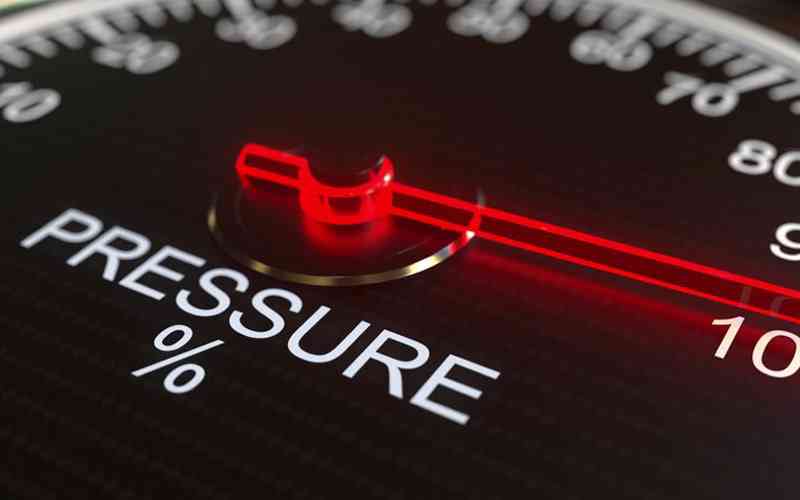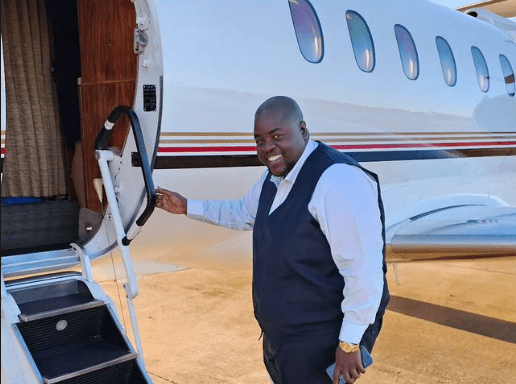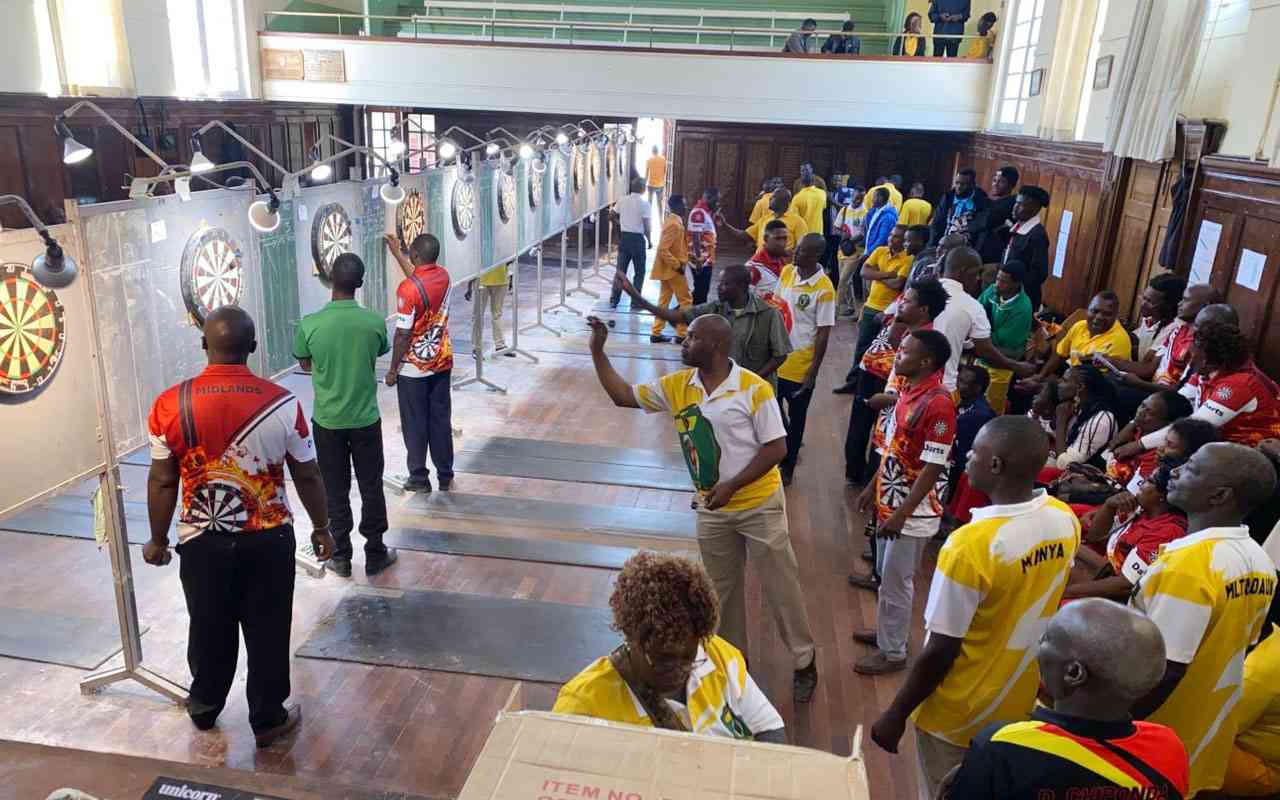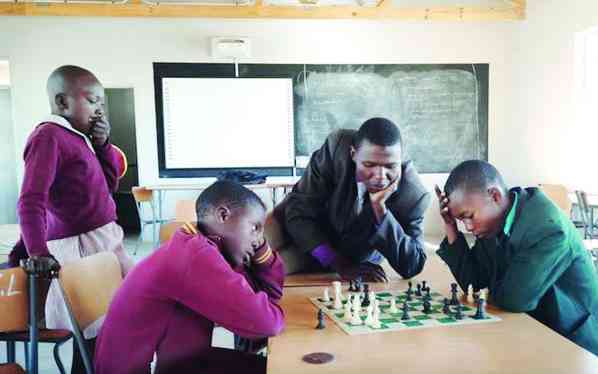
PEOPLE often joke about the sense of direction that members of the female sex allegedly have (or do not have). When a lady says, “Turn right here” and the man duly turns right, the lady may well come back and say, “I meant the other right!”
A man’s right and a woman’s right may not always be the same! The R and the L signify very different extremes. It is important therefore that we do not mistake the Rs for the Ls.
It is said that in the Shona language some people find it hard to pronounce the letter ‘L’, tending to pronounce it as an ‘R’ instead. Again, it is important that we do know which letter we do mean as if we do use a different letter, we are likely to come up with a different meaning as much as a different direction.
A dish of rice will appeal more than a bowl of lice; we will want a future that is bright, not one that is a blight. Flight is more appealing and appropriate than fright.
So now, when we are talking about pressure, are we in fact speaking of pleasure? Once again, the two might appear to be at polar extremes, as few would consider pressure to be a pleasure. Yet we can nobly declare, and persuade our children through sport, that pressure is indeed a pleasure.
Many youngsters might think that pleasure comes when there is no pressure. They think they can simply go out and enjoy the activity with no reference to the score, the play, the actions. But consider what sport is like when there is no pressure. When there is no pressure, there are no expectations.
When there is no pressure, there are no records to set, no award-worthy performances, no finding out what we might have been capable of. Indeed, we are depriving ourselves of the chance to shine. What is the point of playing if no-one is counting on us?
There are many good reasons why we can confidently state that pressure is a pleasure. Firstly, pressure will make us better and that is surely something we want. We do not tick along but must apply pressure. That is good news! Secondly, pressure reminds us of what is important and what is not. When there is little pressure, we tend not to take things seriously and accordingly treat the matter lightly.
- School of sport: Pressure is a pleasure
- Include ageing education in the school curriculum
- Drug abuse negatively impacting on youth development
- Drug and substance abuse: Stop the raging tempest
Keep Reading
Thirdly, pressure will mean we must concentrate and focus harder on the task, all the more so when others also depend on how we perform. We will try harder.
Fourthly, pressure is a perfect opportunity for us to discover exactly what we are capable of; there is no point dying not knowing if we could do something; rather, let us try it, under pressure and see how we do.
That is all pleasing to the ear.
Lastly, pressure will help us realise that we have earned the right to be there and to face pressure. We should therefore be very grateful for an opportunity to see how we are doing.
Folk do not like pressure (for example, exams) – it makes them tighten up, tense up and fear the possible, likely failure. They think their whole life depends on it – children go white with fear before going onto the field.
Deadlines or penalty shootouts are not welcomed (though sometimes such deadlines are self-inflicted) but often those dreaded butterflies are what is needed to stimulate the adrenaline which will increase performance.
Billie Jean King, one of the all-time great lady tennis players, has spoken of how players need to have the “I-want-the-ball feeling”, not the “please double fault” feeling.
The player should be keen to face an opponent at the top of her game rather than one who is having an off-day; yes, she may win the match when the opponent is struggling but she is not testing herself. We want to win because we have played well, not because the opponent has performed badly.
She goes on to say that players should be saying: “Give me the ball. Give me the problem to solve. Let’s figure this out. Let’s go.”
“Give me your best, so I can see what I can do with it”. We should be excited by and delight in such opportunities.
We want a challenge; we need a challenge. We do not simply continue to answer basic arithmetic or read picture books our whole lives; instead, we move up the ladder of difficulty.
We train hard physically so that our bodies, muscles become stronger in order for us to improve.
We put pressure on our bodies, happily so we need to put pressure on our minds. Bring it on, not bling it on! More pressure please! It is a pleasure!










